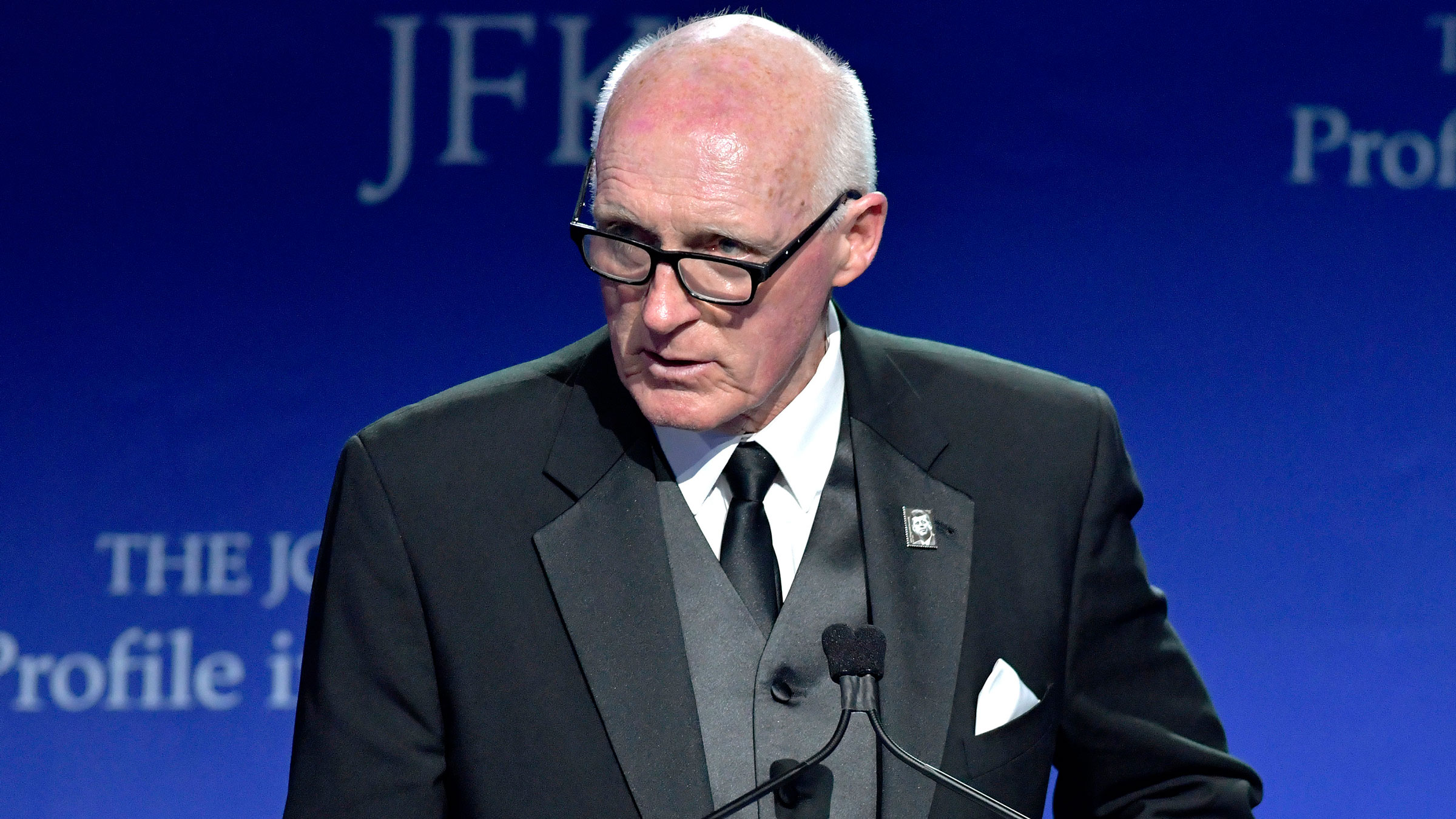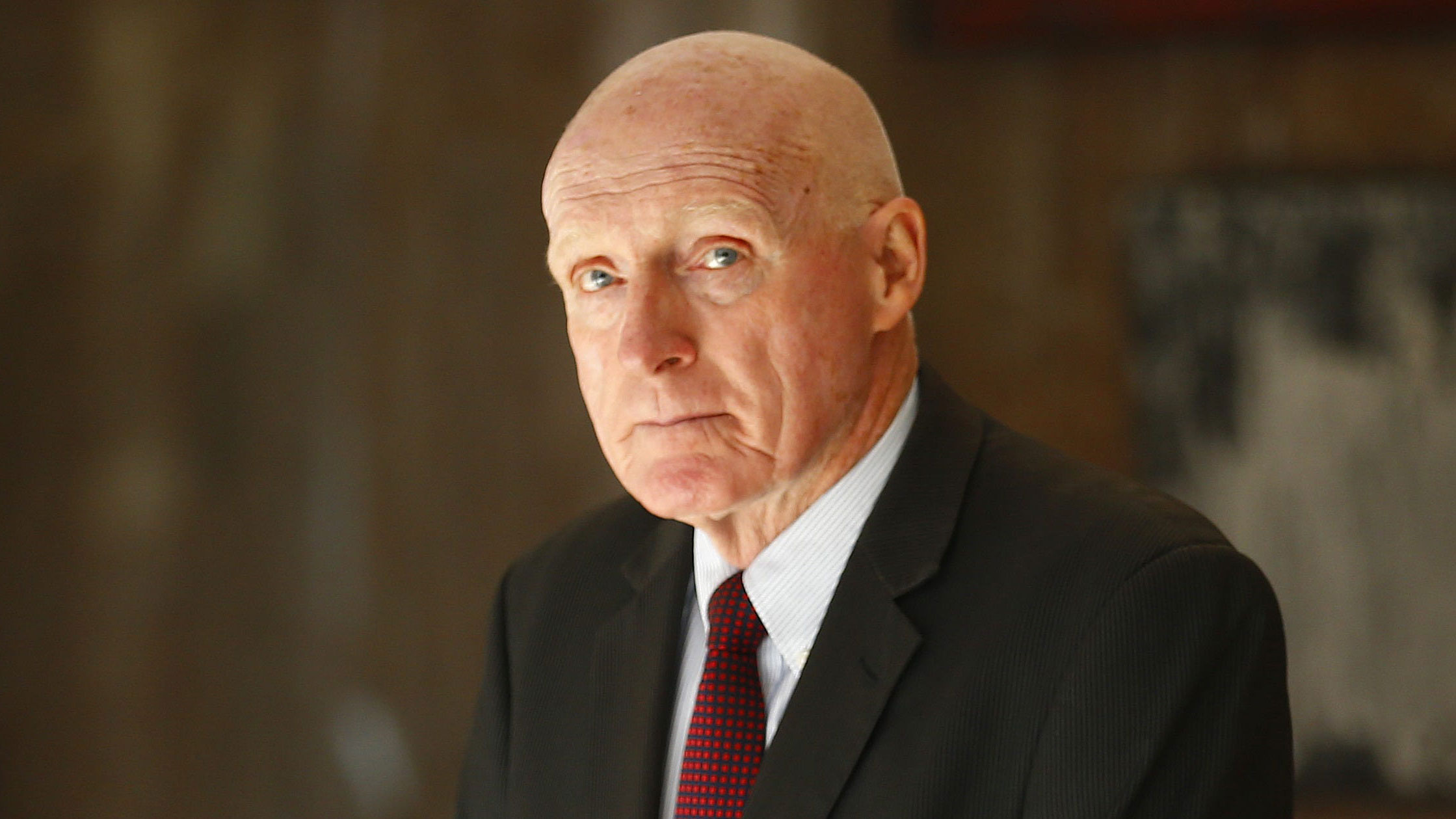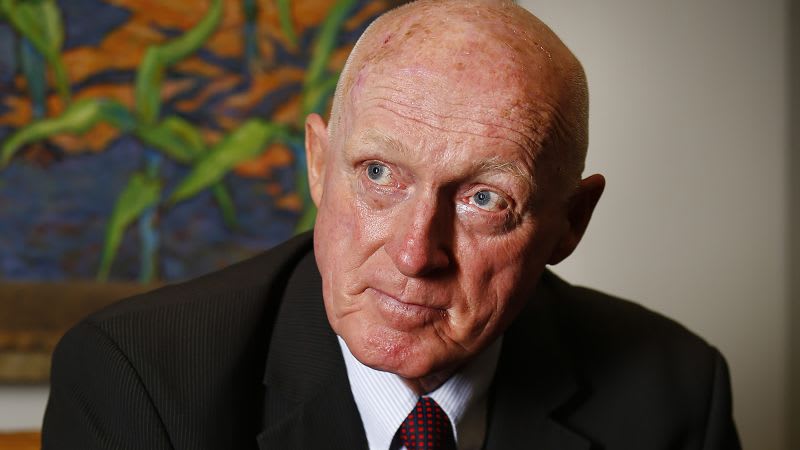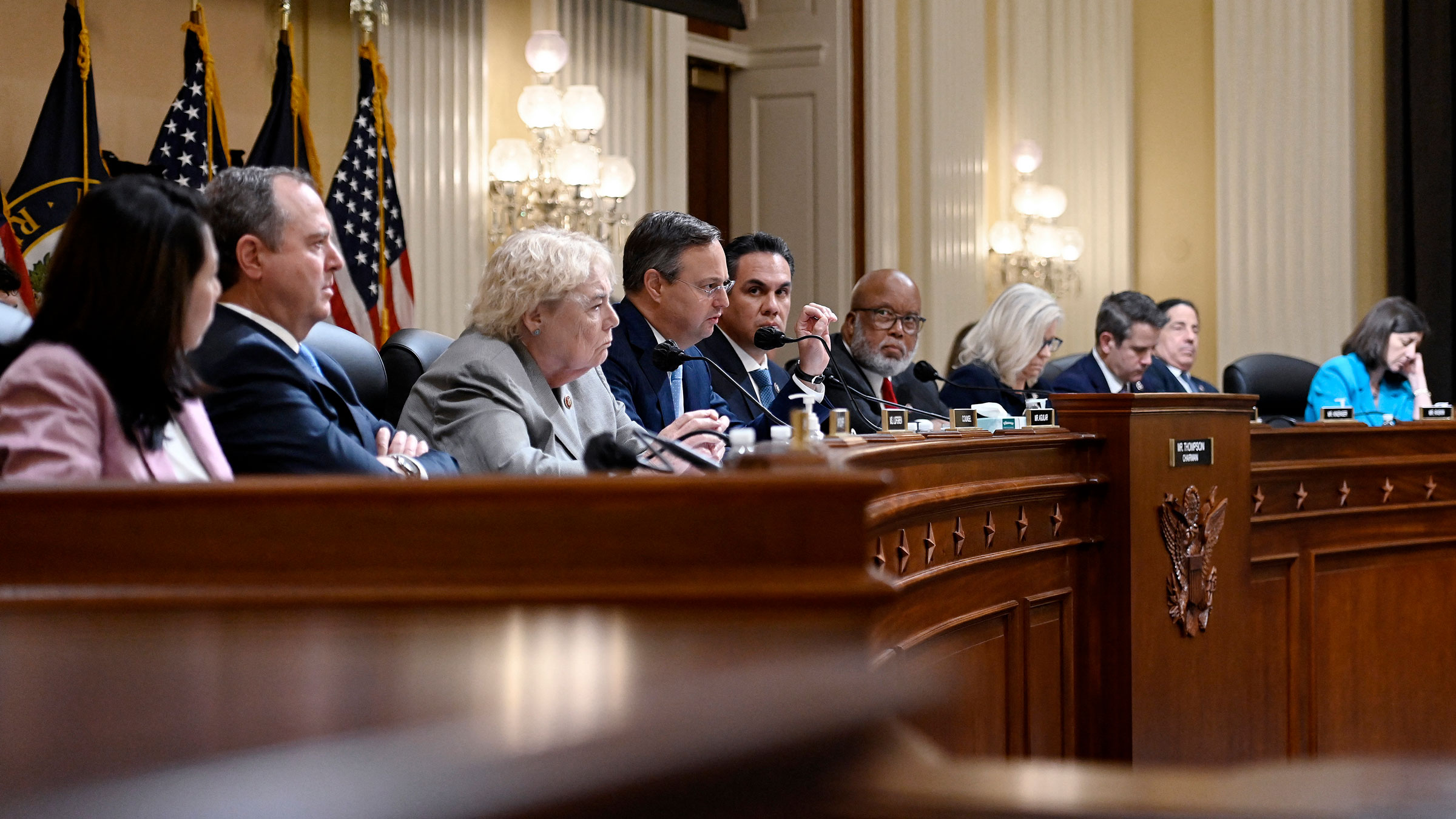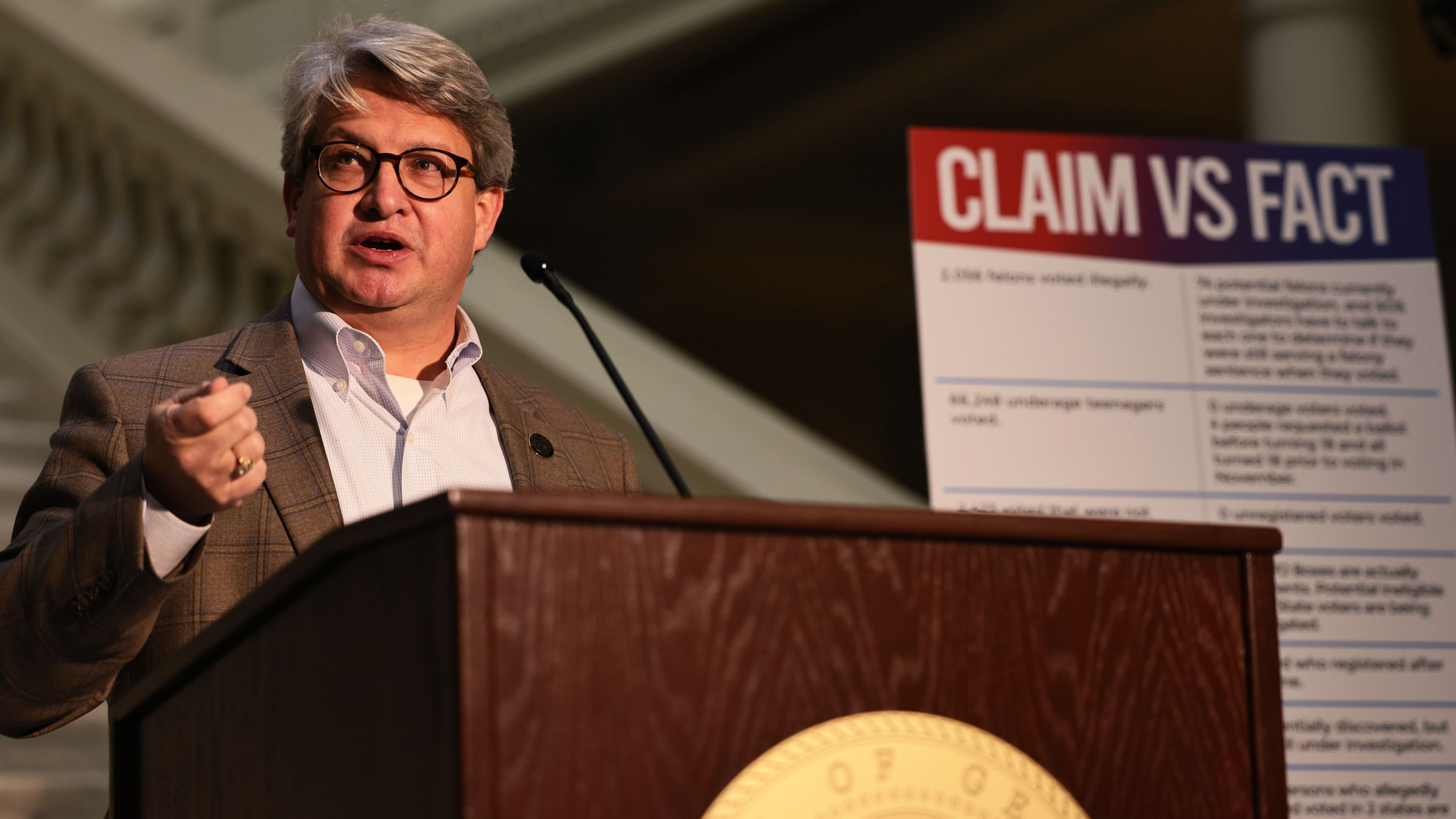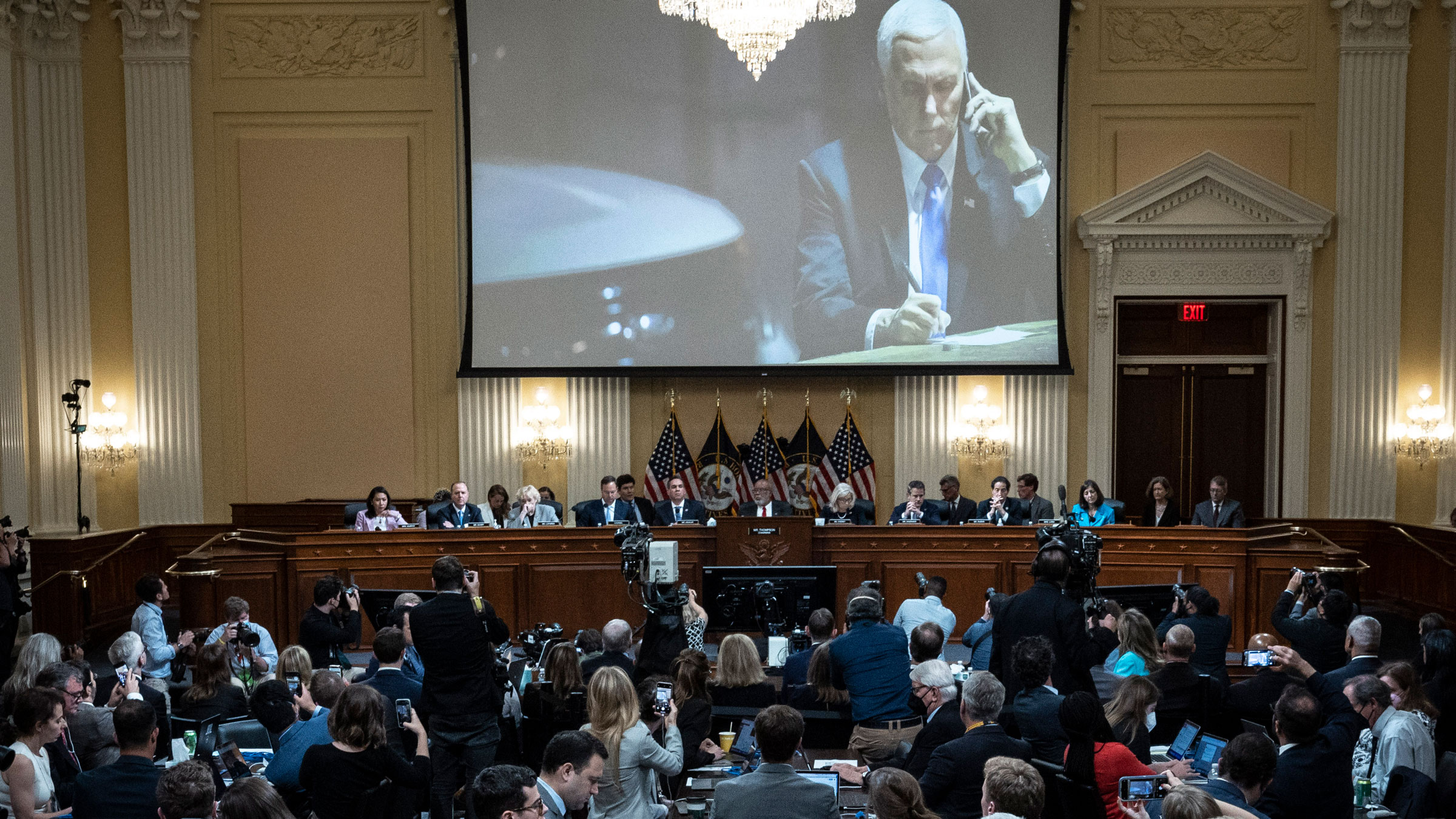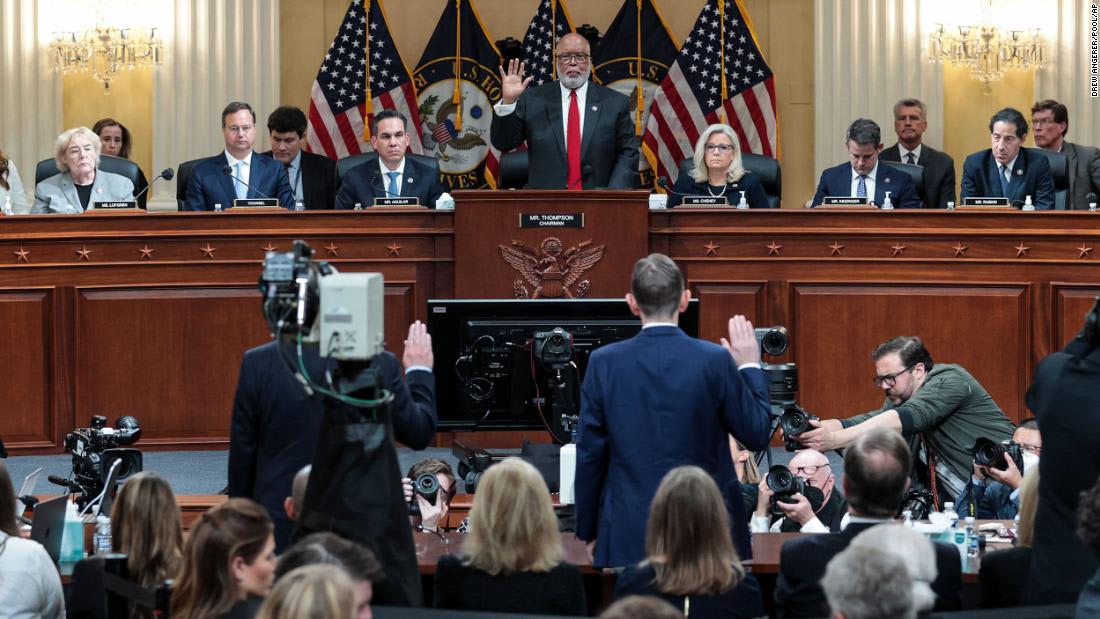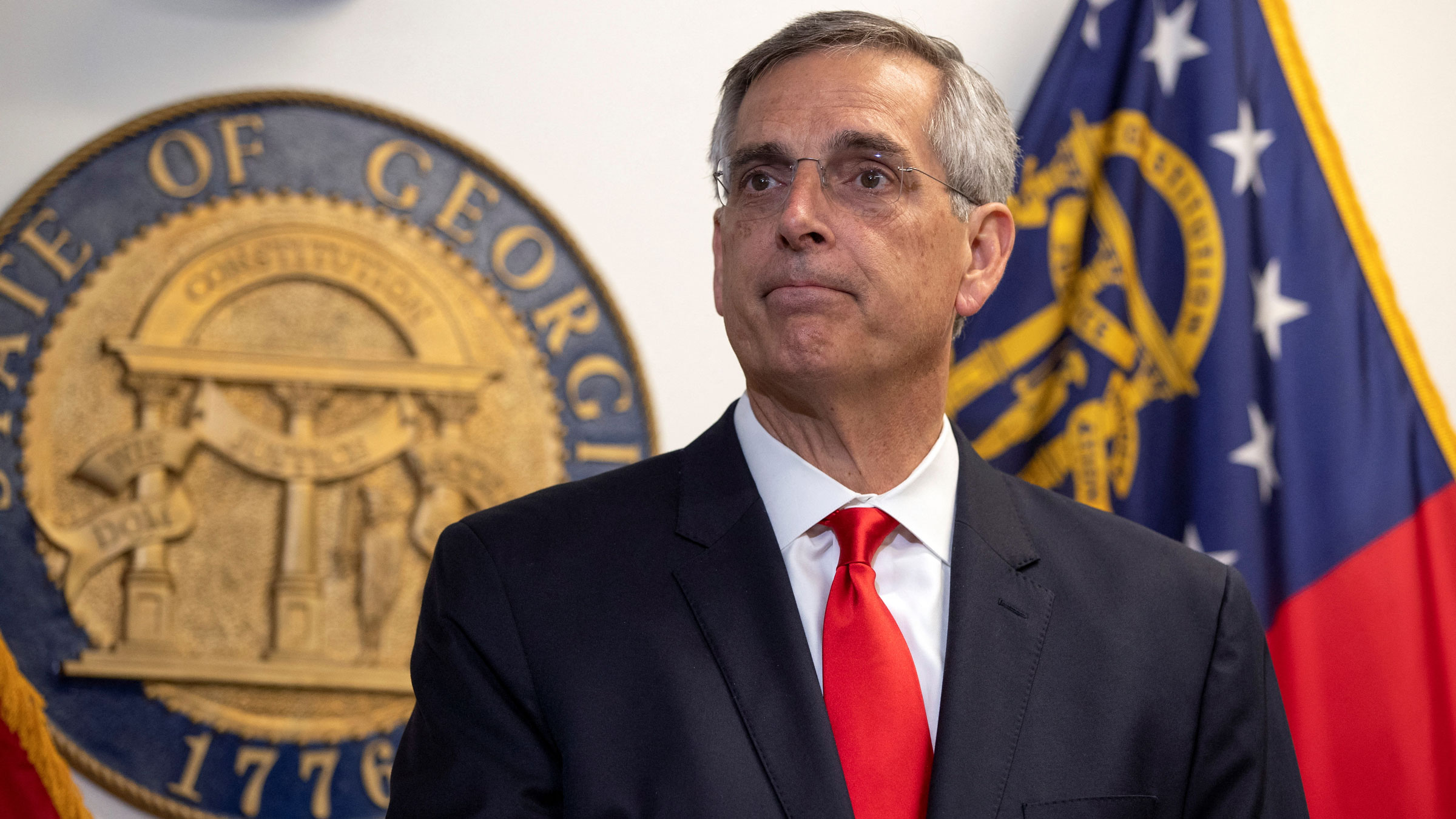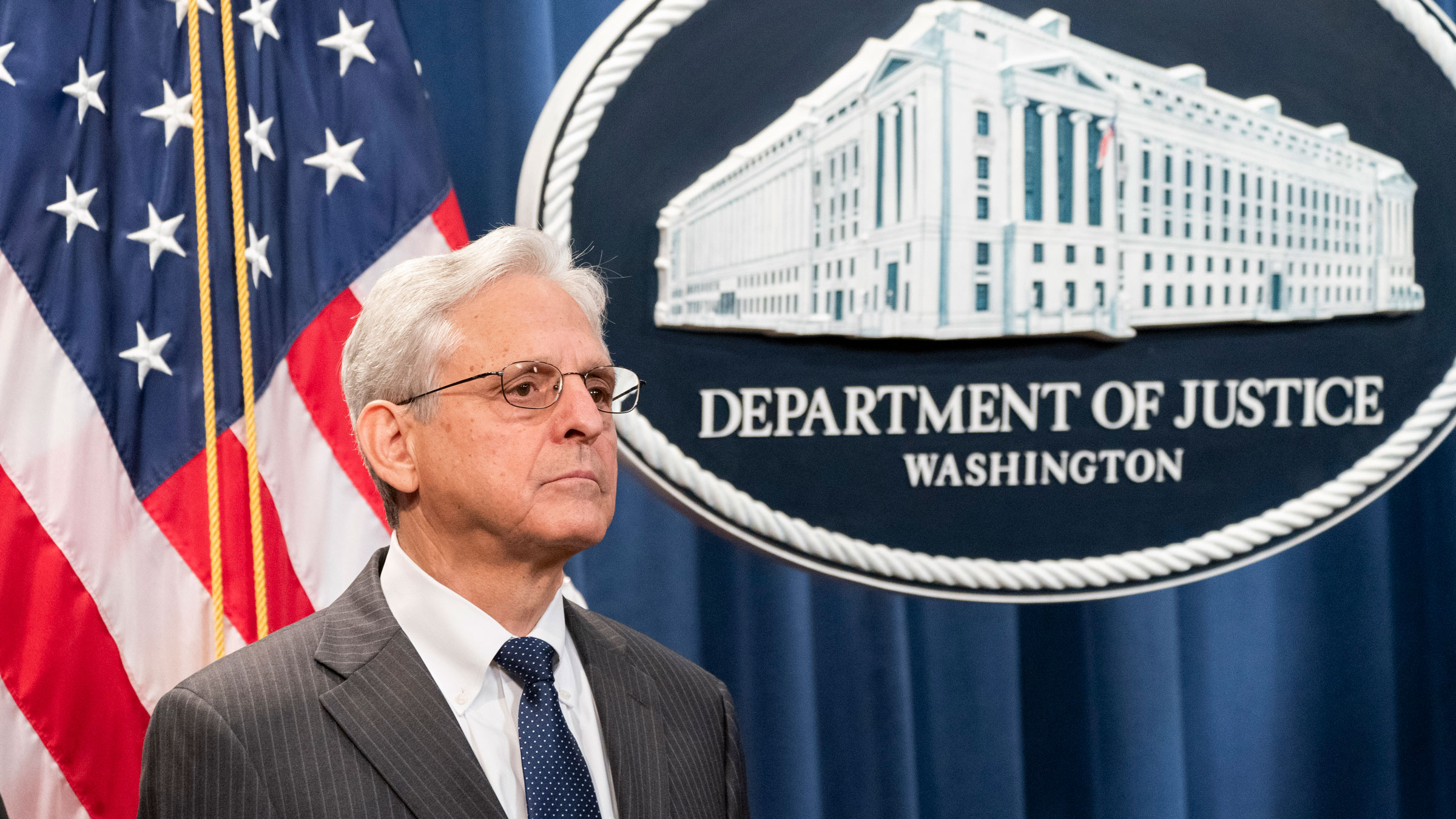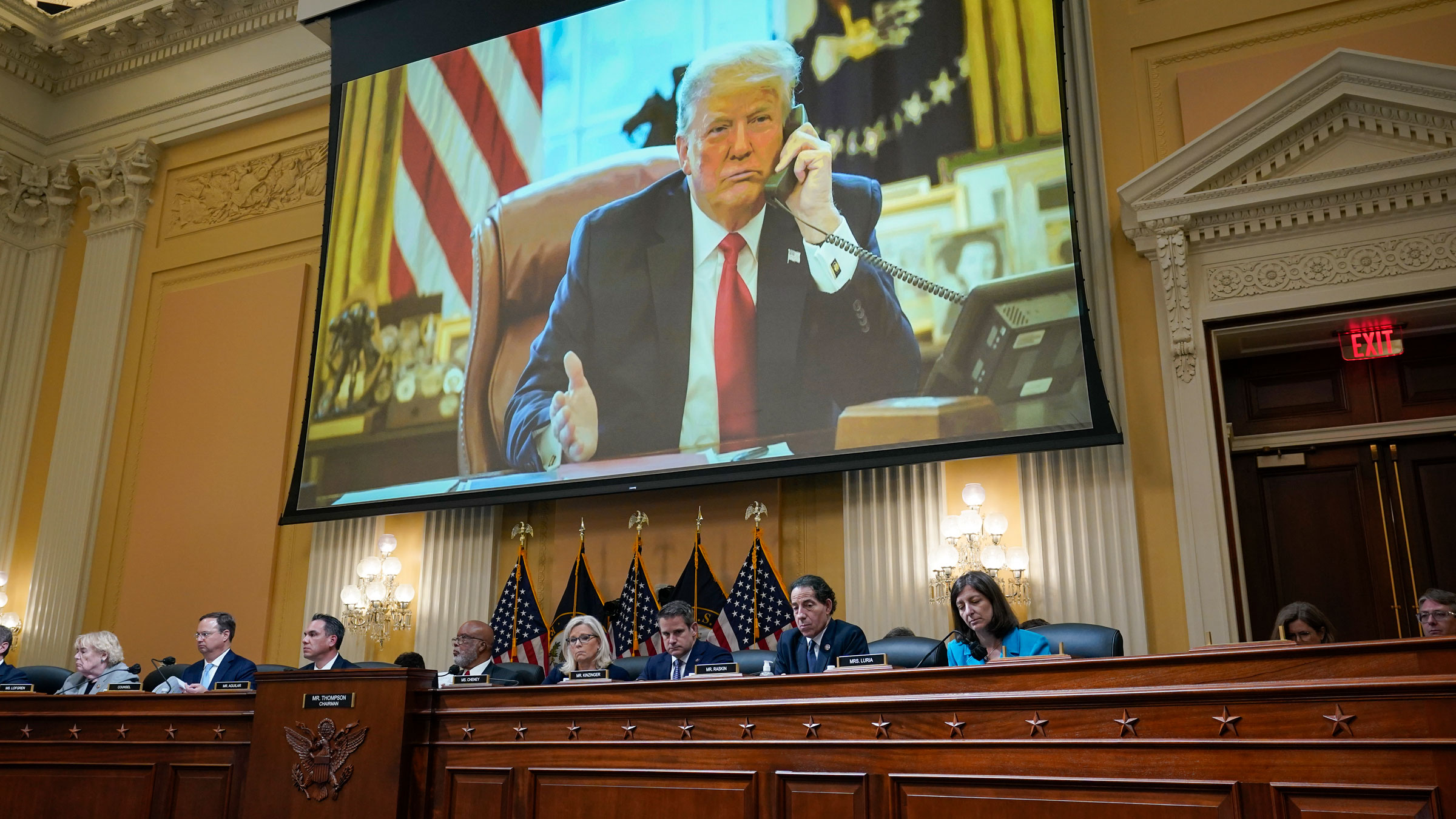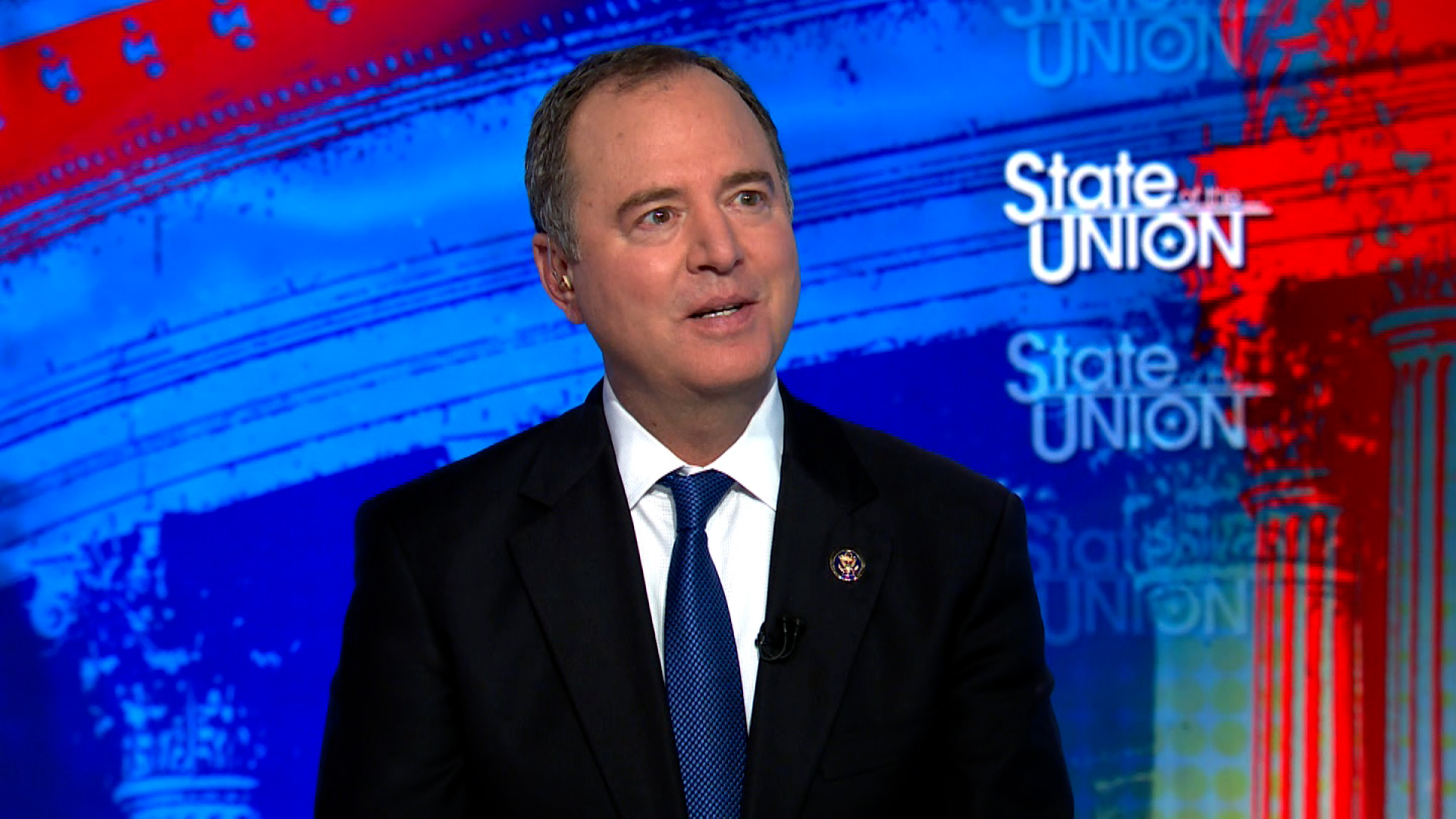
The House Jan. 6 committee will show evidence at its upcoming hearing about then-President Donald Trump's involvement in a scheme to submit fake slates of electors in the 2020 presidential election, Democratic Rep. Adam Schiff, a member of the panel, said Sunday.
"Yes, we'll show evidence of the President's involvement in this scheme. We'll also again show evidence about what his own lawyers came to think about this scheme," the California Democrat told CNN's Dana Bash on "State of the Union." "And we'll show courageous state officials who stood up and said they wouldn't go along with this plan to either call legislators back into session or decertify the results for Joe Biden."
Federal prosecutors are reviewing the fake Electoral College certifications created by Trump allies that falsely declared him the winner of seven states that he lost in 2020. The fake certificates were sent to the National Archives in the weeks after the election and had no impact on the electoral outcome.
When asked by Bash specifically if the committee investigating the January 6, 2021, attack on the US Capitol had evidence Trump directed the fake electors scheme, Schiff responded, "I don't want to get ahead of our hearing."
"We'll show during the hearing what the President's role was in trying to get states to name alternate slates of electors, how that scheme depended initially on hopes that the legislators would reconvene and bless it," he said, adding, "We will show you what we know about his role in this."
The committee's upcoming hearing on Tuesday will also feature Georgia election officials and the Arizona House speaker who resisted pressure from Trump and his campaign to overturn the 2020 election results.
With regards to witnesses: Schiff also said the committee still has "several key people we have not interviewed we would like to" and could still possibly subpoena former Vice President Mike Pence as part of its investigation.
"(He's) certainly a possibility," Schiff said. "We're not excluding anyone or anything at this point."
Also Sunday, another House January 6 panelist said there needed to be "accountability" for the wrongdoing displayed in evidence and testimony before the select committee, but stopped short of calling on the Department of Justice to charge Trump.
Democratic Rep. Jamie Raskin of Maryland told NBC's "Meet the Press" that "accountability can mean two things. One is individual criminal accountability that people pay for their particular crimes, as more than 800 people have already been prosecuted for everything from assaulting a federal officer to interfering with a federal proceeding to seditious conspiracy."
"But accountability also means collective accountability, and that's the real project," he continued. "Telling the truth to the people so we can make decisions about how to fortify democratic institutions going forward."
Meanwhile, when asked by Bash about the January 6 committee's decision not to turn over documents related to its investigation to the DOJ, Schiff defended the panel's stance, saying, "I don't think Congress has ever done that."
The Justice Department had raised concerns in court that the select committee had not shared transcripts and was jeopardizing its ability to prosecute and investigate the Jan. 6 events. Schiff said the committee will work with the DOJ and "want them to be successful in bringing people to justice, but I can't go into the private conversations."
Keep reading here.
